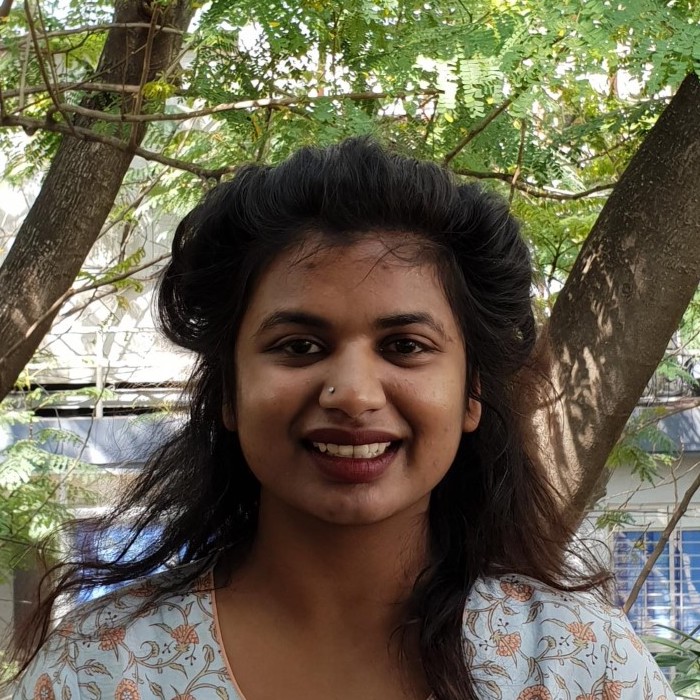This is the first post in a three-part series. Other posts to follow shortly.
Legislations that seek to address gender injustice, including violence against women and children are: The Protection of Children from Sexual Offences Act, 2012 (POCSO Act), Domestic Violence Act, 2005 (DV), The Prohibition of Child Marriage Act, 2006 (PCMA) and Sexual Harassment at Workplace (Prevention, Prohibition and Redressal) Act, 2013 (POSH).
This 3-part post analyses the implementation of these legislations in the state of Andhra Pradesh.
The Protection of Children from Sexual Offences Act, 2012
The POCSO Act provides for the protection of children from offences of sexual assault, sexual harassment and pornography. The Act lays down child-friendly mechanisms for reporting, recording of evidence, investigation, and speedy trial offences through designated Special Courts. The Act defines “child” as any person below 18 years of age.
Aggravated Sexual Assault
The POCSO act criminalises penetrative and non-penetrative sexual assault. It makes a distinction between “sexual assault” and “aggravated sexual assault”. “Aggravated sexual assault” is under certain circumstances where the child victim is mentally ill or when the offence has been committed by a person in a position of trust or authority (e.g. family member, police officer, teacher, or doctor; sections 7-10 of POCSO).
An NLSIU report noted that in several cases in Assam, Maharashtra and Andhra Pradesh, charges were not framed as “aggravated sexual assault” despite the circumstances. These included cases where: the child was under 12 years of age, had a disability, became pregnant as a result of the assault, or the offence had been committed by a relative or teacher. Aggravated charges were not applied in 35% of POCSO cases in Andhra Pradesh.
Special Courts and Public Prosecutors
The POCSO Act requires that all trials be conducted in-camera, to ensure that a child’s identity is not revealed. Thus, the Act requires State governments to set up Special Courts. These Courts can determine the amount of compensation for the treatment and rehabilitation of the child. Finally, cases before the Court must be disposed within one year from the date they were reported.
This is only partially-implemented in Andhra Pradesh. In 2017, only 60 of 509 cases reported were committed to the Special Courts. Out of the 509 cases, the identity of the victim was compromised in 493 cases. The name of the minors or children involved were identified in 103 out of 493 cases.
State Governments are required to appoint Special Public Prosecutors (SPP) who will exclusively address POCSO cases. However, none of the Special Courts currently established in Andhra Pradesh exclusively try POCSO cases. Further, the heavy and diverse workload on PPs prevents them from having the time needed to build a rapport with the victim-child, gain their trust, ascertain their vocabulary, in order to be sensitive when communicating with children.
Child-Friendly Courts
Avoiding exposure to the accused is a crucial component in protecting the best interests of the child, as this ensures that the child is not traumatised by facing the accused, as well as it ensures that the opportunity for the accused and his lawyers to intimidate the child is minimised. But there are no separate entrances into the court. Hence, the child and their family are exposed to the accused and the defence lawyers while waiting for the matter to be heard. This study that was carried out on the working of special courts under the POCSO Act noted that in Andhra Pradesh, the identity of the victim was compromised in 96.85% of the reported cases.
Conviction and Deposition
Another report on the Vishakhapatnam district in Andhra Pradesh notes that 266 cases have been reported so far since 2013 in the district under the POCSO Act. Of the 266 cases, about 13 were proved to be false, the accused in 139 cases were acquitted, 57 cases were in post-trial stage and 47 cases were under investigation. Out of all the POCSO cases reported in the last six years, only 12 persons have been convicted so far. It is important to note that victim compensation is dependent on conviction.
Not only is it difficult for child-victims of sexual offences to report cases and receive the support they need, but many POCSO cases also result in pressure on victims and witnesses to modify their depositions. According to a recent analysis, the number of victims and witnesses who have altered their statements in POCSO cases has sharply increased in Andhra Pradesh. A 77.5% increase was noted in the number of people who changed their statements in POCSO cases in the State.
Victim Compensation
In addition to the punishment, the POCSO Act requires Courts to prescribe a direct payment of compensation. This victim compensation may be used for medical treatment or rehabilitative purposes. In Andhra Pradesh only 17 of the 509 cases, i.e., 3.3% of cases were awarded compensation.
Conclusion
The extent to which the identity of victims is disclosed, despite the law prohibiting it, is disappointing. It is also crucial to note that a majority of cases do not result in a conviction because of witnesses turning hostile. This was the case in 77.5% of cases in Andhra Pradesh.
The implementation of the POCSO Act in Andhra Pradesh indicates the need for an effective and child-friendly criminal justice procedure.

